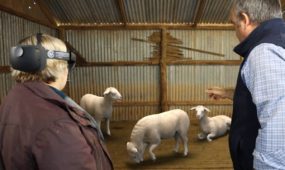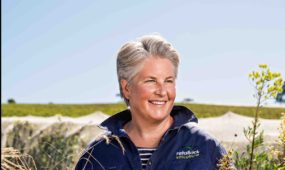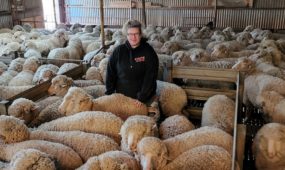Riverland growers work smarter to enjoy fruits of success
Primary Industries
Growers in Australia’s largest wine region are diversifying their farms to move up the value chain and increase profitability.

Sign up to receive notifications about new stories in this category.
Thank you for subscribing to story notifications.
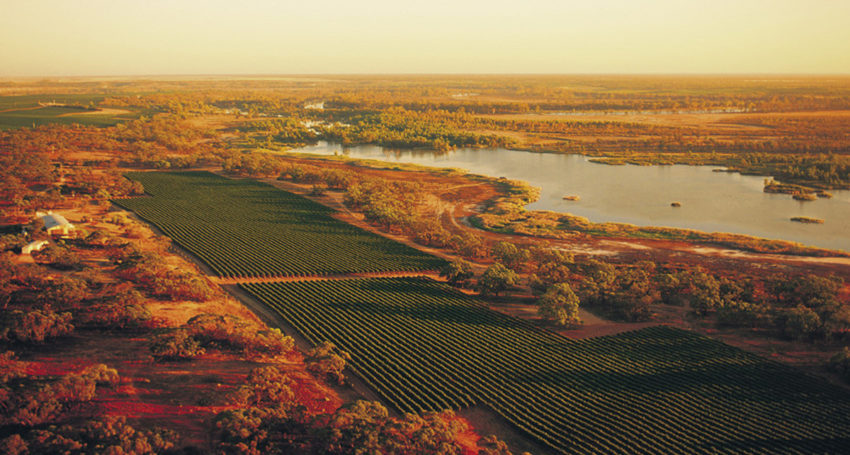
South Australia’s Riverland produces about 25 per cent of the nation’s wine grapes but vignerons have struggled against low prices for the past decade.
Although prices are beginning to turn around, a number of growers are developing new niches to bring their products a step closer to the consumer.
Riverland Wine Executive Chair Chris Byrne said the Millennium Drought and a decade of low grape prices caused by oversupply had forced many growers to revisit their business plans and search for new income streams.
He said that could vary from having their grapes processed under contract and then selling as bulk wine through to planting alternative varieties or entering into collaborative farming models.
“For decades the practice for growers in the region has pretty much been to stand behind the farm gate and do as you’re told,” Burns said.
“Now the whole focus on value adding and value chain has been growing in the region and we’ve seen lots of little initiatives to diversify.
“There’s been a lot of change over the past decade and we’re seeing a much more resilient and sophisticated Riverland wine growing community now than was the case so it’s very positive for the region.”
The Arnold brothers – Michael, Tim and Ryan – have a 100-hectare farm near Loxton where they grow about 40ha of Shiraz, chardonnay and gordo grapes and 60ha of citrus.
While they have continued to sell about 100 tonnes of chardonnay a year, the lack of profitability in grapes led them to process their 350 tonnes of shiraz themselves through contract winery Riverland Vintners in Monash and then sell it as bulk wine.
The brothers have also come up with their own hard lemonade product, The Arnold Brothers Lemon Cooler, which they launched in mid-2016 and now sell through about 65 outlets in South Australia and Sunraysia.
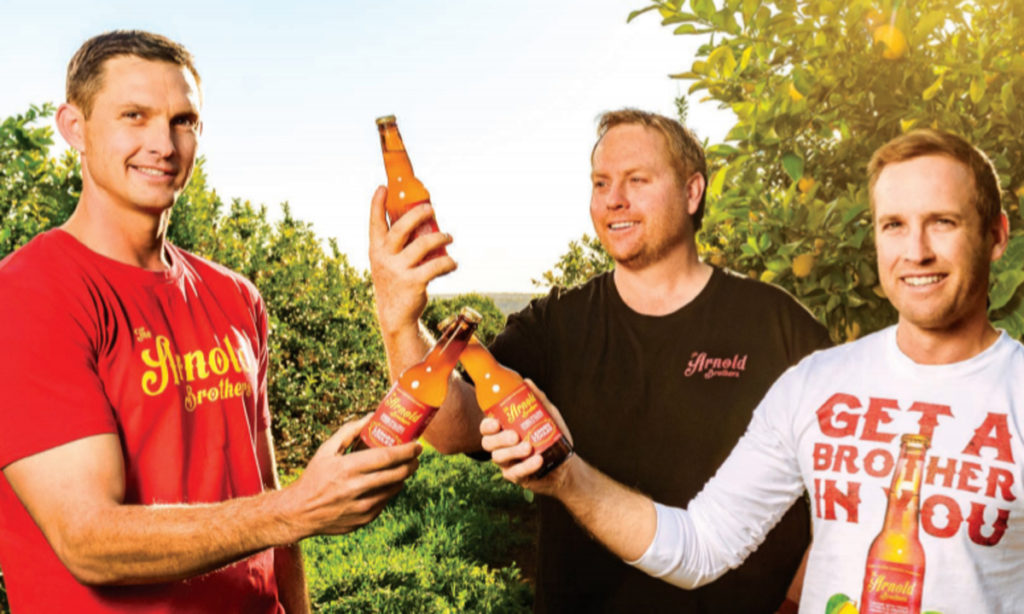
Riverland citrus and grape growers and brothers (from left) Michael, Ryan and Tim Arnold make hard lemonade from their produce.
“We had a patch of a gordo variety and one of the big wineries cut our price in half one year so we thought we’d just process it and sell it as a white wine after harvest like what we do with our shiraz to recoup some of the lost income,” Michael Arnold said.
“We had wine there to play with so we started also playing with some of our juiced citrus fruit and that’s how it came about.
“We use some of our citrus income to pay for the processing up front and then leverage it up after vintage. Because it’s no longer a perishable product, it’s a wine, it’s stable, it’s stored, you can take your time to sell it.”
The Arnolds grow about 15 varieties of citrus including cara cara pink navel oranges, mandarins and lemons, which are packed and sold by Venus Citrus in Loxton.
Juice grade lemons from the farm are squeezed by iconic Riverland juicer Nippy’s and then blended with the white wine in Monash before being bottled in Mildura.
They are now experimenting with other varieties such as blood oranges, mandarins and tangelos in a bid to formulate a new product.
“We don’t own our own packing shed, we don’t own a winery or crushing facility, we have everything done off site by the big guys who do things well – we’re so focused on growing grapes and citrus we don’t have time for a brewery or cellar door,” Michael said.
“What we’ve done is just value-added to something that was of low worth and rather than get into hospitality or something we don’t know much about we’re trying to outsource everything.”
Burns said The Arnold Brothers were “a great example of showing initiative, diversifying and having a crack at moving further up the value chain instead of just growing your product and selling it to a processor and being a price taker”.
“These new ventures are all aimed around becoming more professional farmers who are prepared to understand the market, understand what consumers want and respond as a producer who understands what he is doing and why he is doing it while retaining ownership for longer and being in a better position to generate a higher return on investment,” he said.
Jump to next article

